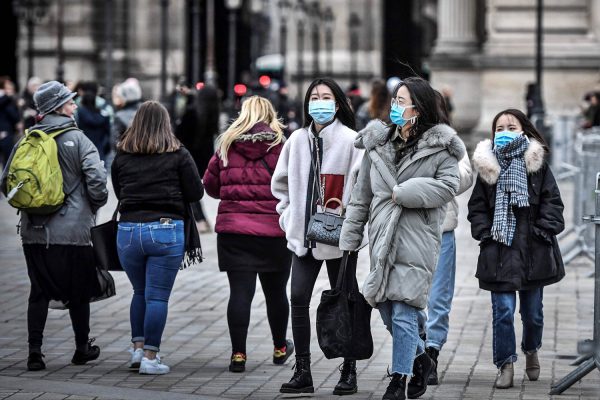SINGAPORE, 4 March 2020: Achieving a degree of clarity is almost impossible due to fake news clutter and half-baked opinions that fuel the chaos surrounding the spread of Covid-19.
What we do know is that this is not a flash-in-the-pan epidemic that comes and goes with swings in seasonal weather conditions. It is also quite evident that with cases reported in more than 70 countries, there are no lucky ones that will remain immune to the threat. We are all in the same boat.
Despite what the US President Donald Trump believes, the arrival of the humid summer season will not kick the novel coronavirus SARS-CoV-2 and the disease it causes, Covid-19, into the trash can.

Wishful thinking? There has been plenty of that recently. Back in January, we hoped the crisis would turn out to be a storm in a teacup; a few months of pain followed by fast recovery. In just a few months, we would sail into calmer waters and travel would be back fueling recovery in Asian economies. Now there are fears this virus could wipe out the region’s tourism performance for the entire year inflicting massive declines in tourist arrivals averaging 14 to 20%.
It’s a good time to debunk some of the myths starting with: “Will COVID-19 go away on its own in warmer weather?”
Here Marc Lipsitch, Professor of Epidemiology and Director, Center for Communicable Disease Dynamics, Harvard School of Public Health identifies two of the myths and reminds us that intense public health interventions, not the weather, will save the day.
Myth 1: In 2003, SARS went away on its own as the weather got warmer.
“SARS did not die of natural causes. It was killed by extremely intense public health interventions in mainland Chinese cities, Hong Kong, Vietnam, Thailand, Canada and elsewhere. These involved isolating cases, quarantining their contacts, a measure of “social distancing,” and other intensive efforts.
“These worked well for SARS because those who were most infectious were also quite ill in a distinctive way — the sick cases were the transmitters, so isolating the sick curbed transmission.
“In Toronto, SARS resurged after the initial wave was controlled and precautions were discontinued. This resurgence was eventually linked to a case from the first wave. The resurgence confirms that it was control measures that stopped transmission the first time.”
Myth 2: The “common cold” coronaviruses are seasonal, with low transmissions in the summer, so SARS-CoV-2 will be too.
“Predicting how a novel virus will behave based on how others behave is always speculative, but sometimes we have to do so when we have little else to go on. So the first problem with this myth is that we don’t know whether those coronaviruses, which go by the evocative names like OC43, HKU1, 229E, and NL63, are good analogies for this virus.
“Still, it is worth considering the analogy especially to OC43 and HKU1, which are SARS-CoV2’s closest relatives among the seasonal coronaviruses.
“The other reason this is a myth is that seasonal viruses that have been in the population for a long time (like OC43 and HKU1) behave differently from viruses that are newly introduced into the population.”
Source: https://ccdd.hsph.harvard.edu/will-covid-19-go-away-on-its-own-in-warmer-weather/







